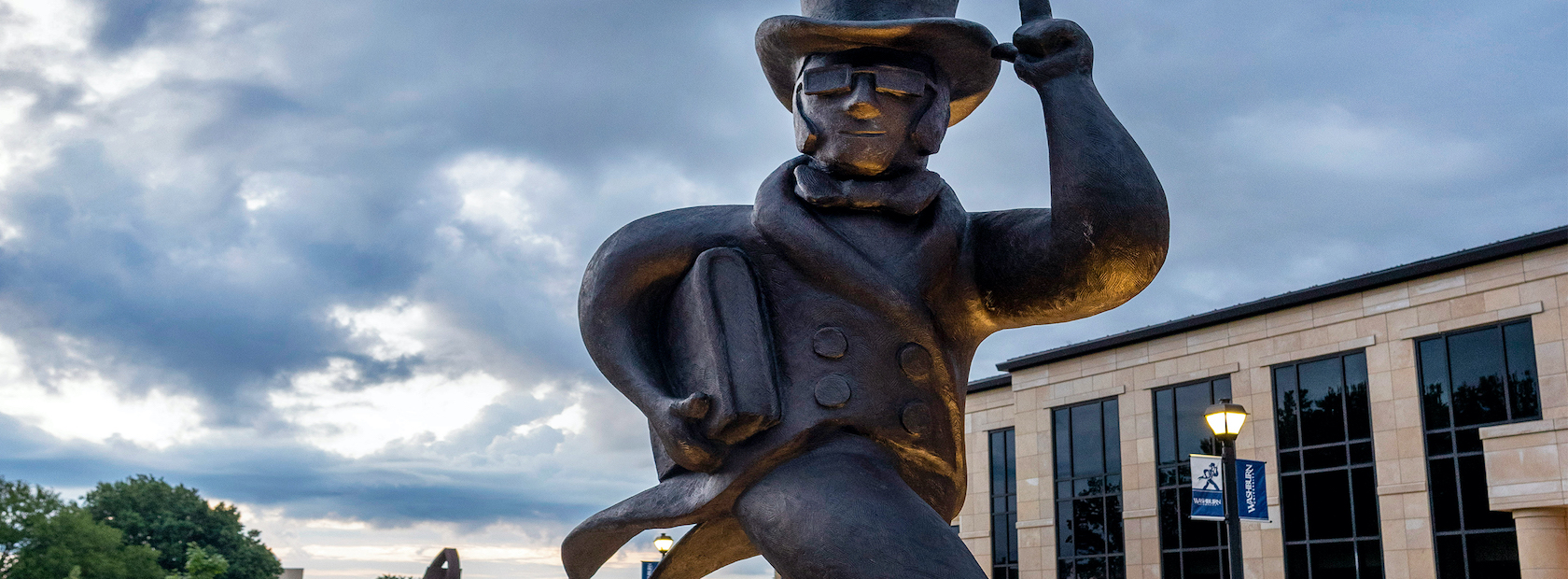Author Talk with David Baron of American Eclipse
Thursday, May 9th at 2:00 PM CDT
Event will begin in 9 days and 1 hours

Register View Upcoming Events View Past Event Recordings
David Baron is an award-winning author, journalist, and broadcaster. A former science correspondent for NPR and recent Chair in Astrobiology at the Library of Congress, he has written for The New York Times, Boston Globe, Los Angeles Times, and other publications. His many honors include journalism prizes from Columbia University, the National Academy of Sciences, and the American Association for the Advancement of Science. An avid eclipse chaser whose TED Talk has been viewed more than two million times, Baron has witnessed eight total solar eclipses across five continents.
Winner of the 2018 AIP Science Communication Award in Science Writing (Books)
Richly illustrated and meticulously researched, American Eclipse ultimately depicts a young nation that looked to the skies to reveal its towering ambition and expose its latent genius.
On a scorching July afternoon in 1878, at the dawn of the Gilded Age, the moon’s shadow descended on the American West, darkening skies from Montana Territory to Texas. This rare celestial event―a total solar eclipse―offered a priceless opportunity to solve some of the solar system’s most enduring riddles, and it prompted a clutch of enterprising scientists to brave the wild frontier in a grueling race to the Rocky Mountains. Acclaimed science journalist David Baron, long fascinated by eclipses, re-creates this epic tale of ambition, failure, and glory in a narrative that reveals as much about the historical trajectory of a striving young nation as it does about those scant three minutes when the blue sky blackened and stars appeared in mid-afternoon.
In vibrant historical detail, American Eclipse animates the fierce jockeying that came to dominate late nineteenth-century American astronomy, bringing to life the challenges faced by three of the most determined eclipse chasers who participated in this adventure. James Craig Watson, virtually forgotten in the twenty-first century, was in his day a renowned asteroid hunter who fantasized about becoming a Gilded Age Galileo. Hauling a telescope, a star chart, and his long-suffering wife out west, Watson believed that he would discover Vulcan, a hypothesized "intra-Mercurial" planet hidden in the sun’s brilliance. No less determined was Vassar astronomer Maria Mitchell, who―in an era when women’s education came under fierce attack―fought to demonstrate that science and higher learning were not anathema to femininity. Despite obstacles erected by the male-dominated astronomical community, an indifferent government, and careless porters, Mitchell courageously charged west with a contingent of female students intent on observing the transcendent phenomenon for themselves. Finally, Thomas Edison―a young inventor and irrepressible showman―braved the wilderness to prove himself to the scientific community. Armed with his newest invention, the tasimeter, and pursued at each stop by throngs of reporters, Edison sought to leverage the eclipse to cement his place in history. What he learned on the frontier, in fact, would help him illuminate the world.
With memorable accounts of train robberies and Indian skirmishes, David Baron’s page-turning drama refracts nineteenth-century science through the mythologized age of the Wild West, revealing a history no less fierce and fantastical.
The views expressed by presenters are their own and their appearance in a program does not imply an endorsement of them or any entity they represent. Reference to any specific product or entity does not constitute an endorsement or recommendation by Washburn University Alumni Association and Foundation.
